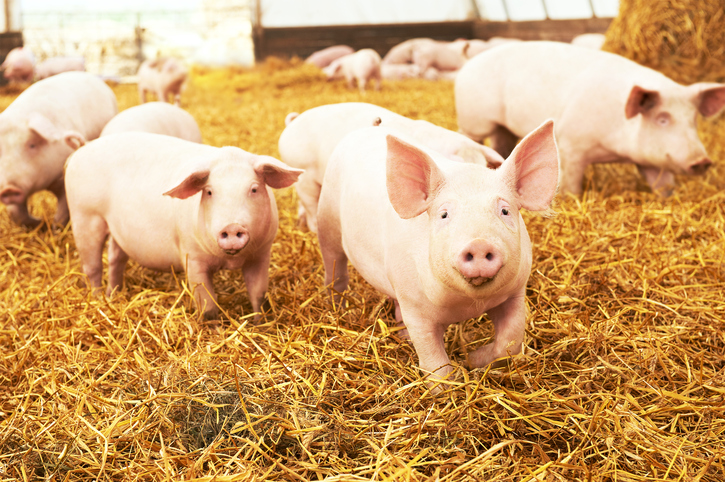droop
(verb, noun)
/drup/
 LISTEN
LISTEN


Flowers will droop if you don't give them water.
To droop means ‘to hang down loosely or sink,’ as from weakness, exhaustion, or because there’s no proper support. Figuratively, when we talk about spirits or morale, it means ‘to fade or flag‘ and, poetically, when we talk about the sun, it means ‘to descend.’ A droop is a sagging, sinking, or hanging down.
Example sentences
- The plants drooped in the hot sun.
- Exhausted from a long day's work, the laborer's arms drooped at his sides.
- We removed the ridge pole and the top of the tent immediately drooped.
- Morale drooped when we heard the funding for the project had been withdrawn.
- The sun is drooping in the west.
- I could see from the droop of the child's eyelids that she was very tired.
- George's dejection was evident from the droop of his shoulders.
In pop culture
There is a famous cartoon dog called Droopy. As you can see when you look at him, he has a face with loose jowls (the lower parts of the cheeks) that droop and ears that droop too. His attitude also suggests that his spirits are drooping. However, as you can see in this clip, he doesn’t think he feels droopy:
Did you know?
In aeronautics, a droop-snoot or a droop-snooter is an aircraft whose nose slopes downward and is often adjustable too.
Other forms
droopy (adjective)
Origin
Droop dates back to the early 13th century, as the Middle English verb drupen or drowpen. It comes from the Old Norse drüpa, meaning ‘to drop,’ ‘to sink,’ or ‘to hang (your head).’ It can be traced back to the Proto-Germanic root drup-, and further back to the Proto-Indo-European root dhreu-. It is related to the Old English verb dropian (to drop), and therefore to the English words drop and drip. The noun comes from the verb, and was first used in the mid-17th century.
Word of the Day is released Monday through Friday.



